White Lion | Dry ice blasting machine | Dry ice guide | Dry ice dangerous | Dry ice combustion
Cold burns, which can be caused by contact with dry ice, are a serious risk of injury that is often underestimated. Dry ice consists of frozen carbon dioxide and has a temperature of around -78.9 degrees Celsius. The cold that dry ice causes can cause considerable damage to the skin and underlying tissue.
A cold burn is similar in appearance to a classic heat burn, but the mechanism behind it is completely different. While the cells are damaged by high temperatures in a heat burn, contact with dry ice leads to the formation of cold damage. The skin may initially feel numb as the extreme temperatures numb the nerve endings. The pain is often delayed, which can lead to those affected tolerating contact with dry ice for too long, which makes the injury worse.
The symptoms of a cold burn can range from redness and swelling to blistering and tissue loss. In severe cases, frostbite may occur. People who handle dry ice without adequate protective equipment, for example with bare hands, are particularly at risk.
Useful information about dry ice, dry ice blasting machines, dry ice blasting systems and dry ice cleaning is conveniently available in our quarterly “Dry Ice News”. Please add your e-mail address to register without obligation. You can revoke your consent at any time with effect for the future. For information on the processing of your data, including for the improvement of our services, please refer to our data protection information.
Suitable safety measures should always be taken to prevent cold burns from dry ice. This includes wearing insulating gloves and protective clothing to avoid direct skin contact. In addition, it is important to store and use dry ice only in well-ventilated areas to minimize the risk of respiratory problems caused by the release of carbon dioxide.
However, if a cold burn does occur, action must be taken as quickly as possible. The affected skin area should be kept in lukewarm water to reduce the cold, but never in hot water as this can aggravate the injury. After first aid, it is advisable to consult a doctor to assess the severity of the injury and initiate medical treatment if necessary.
If handled correctly and with the appropriate safety precautions, you can enjoy the benefits of this unique substance without putting yourself in danger.
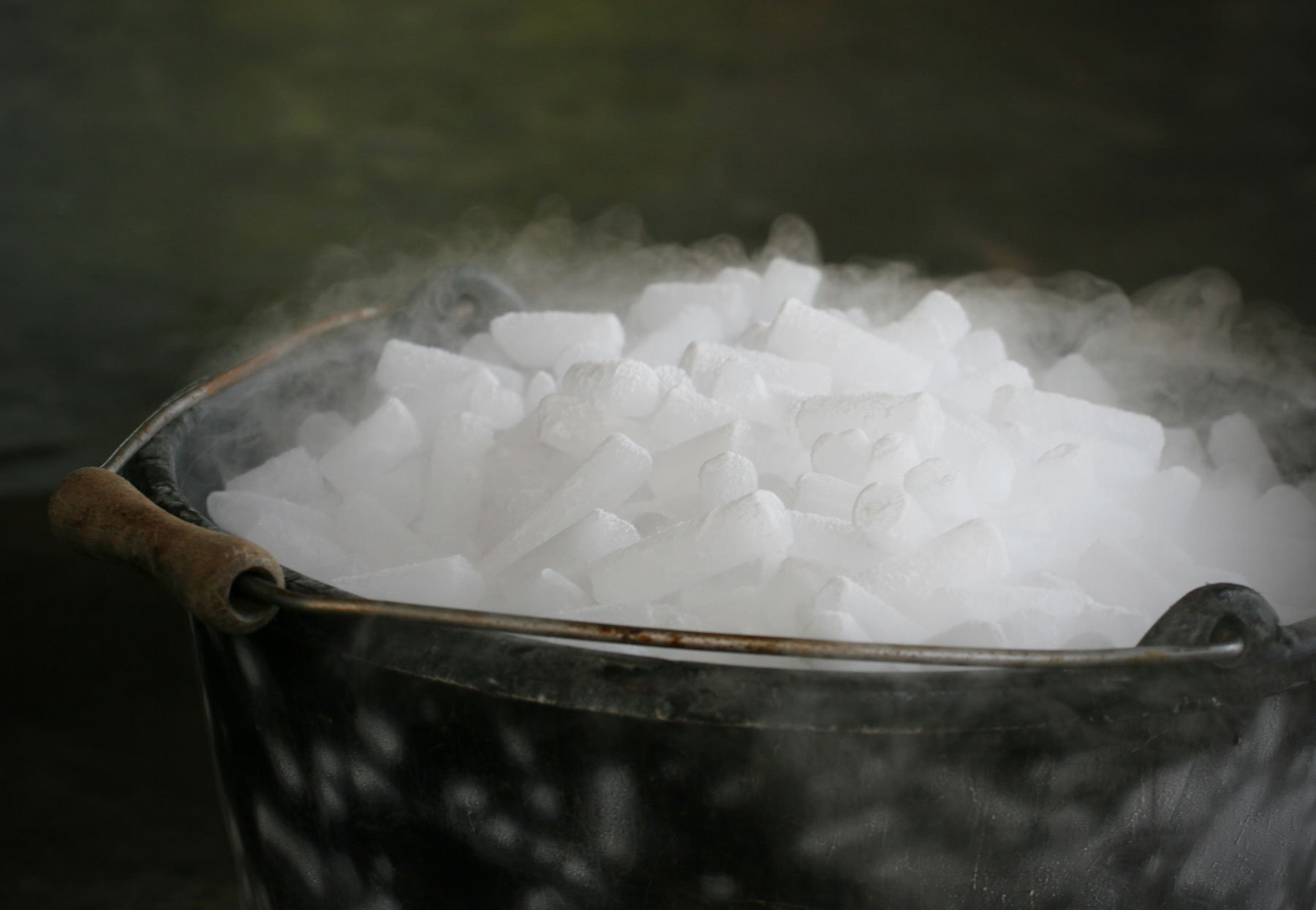
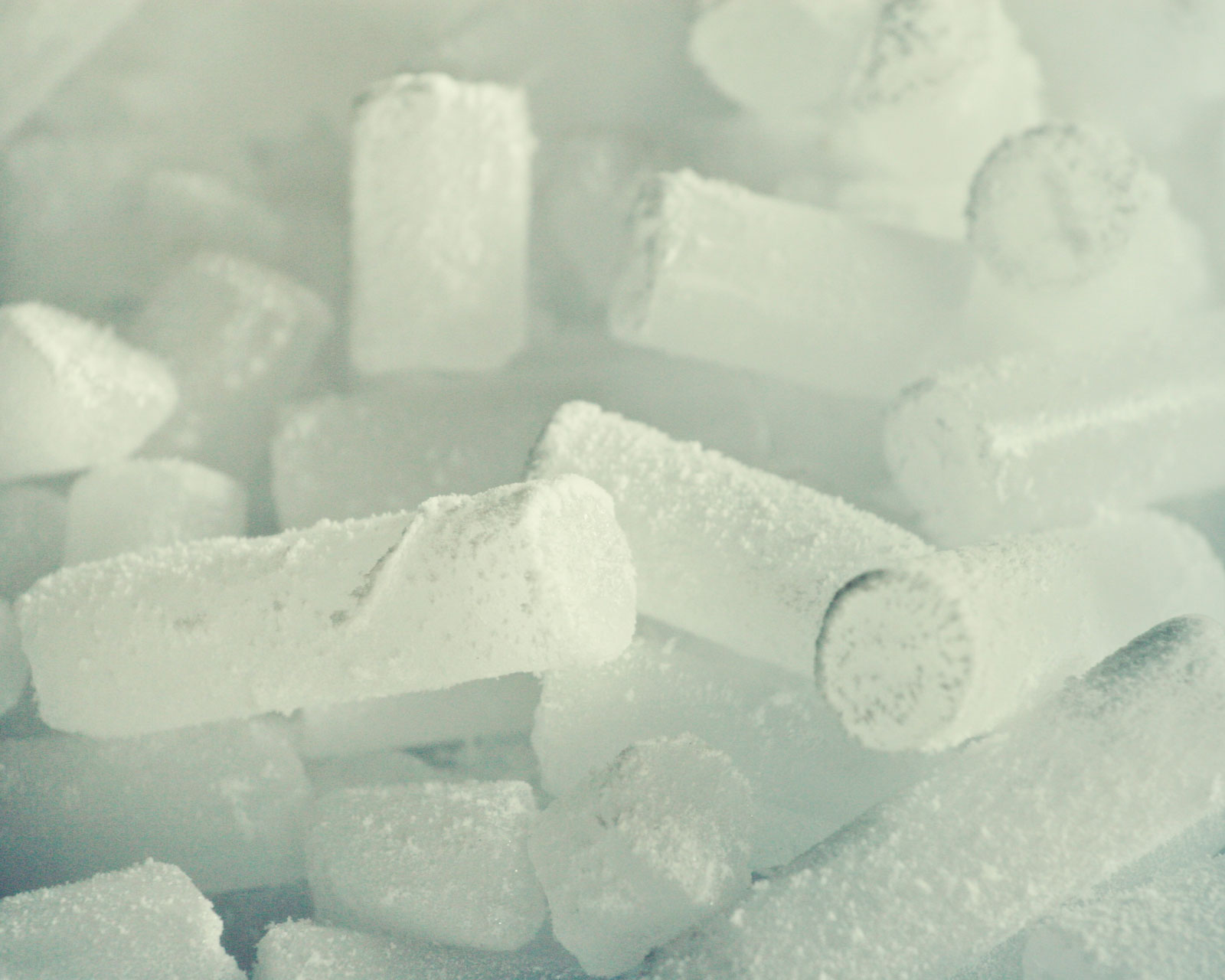
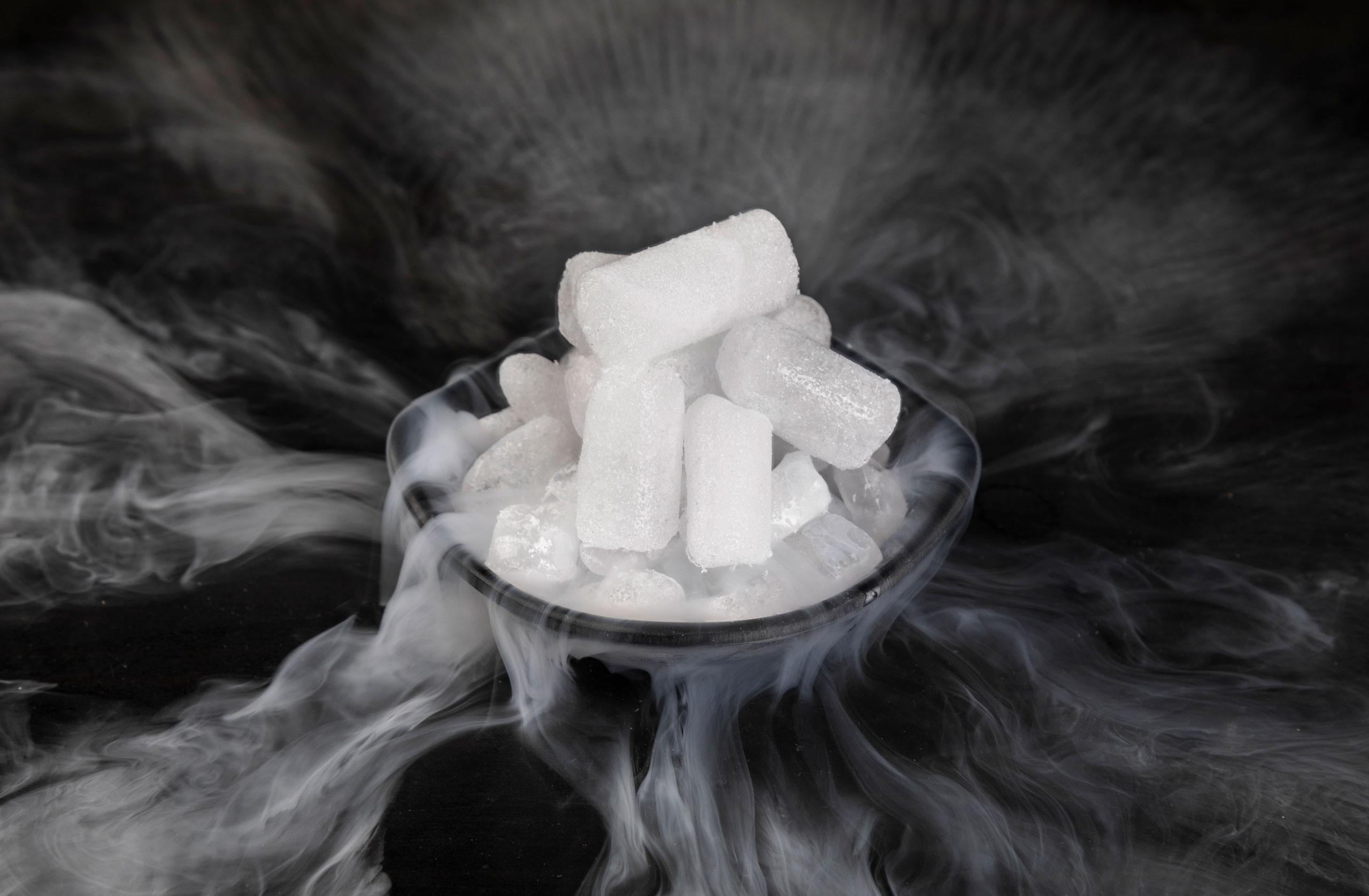

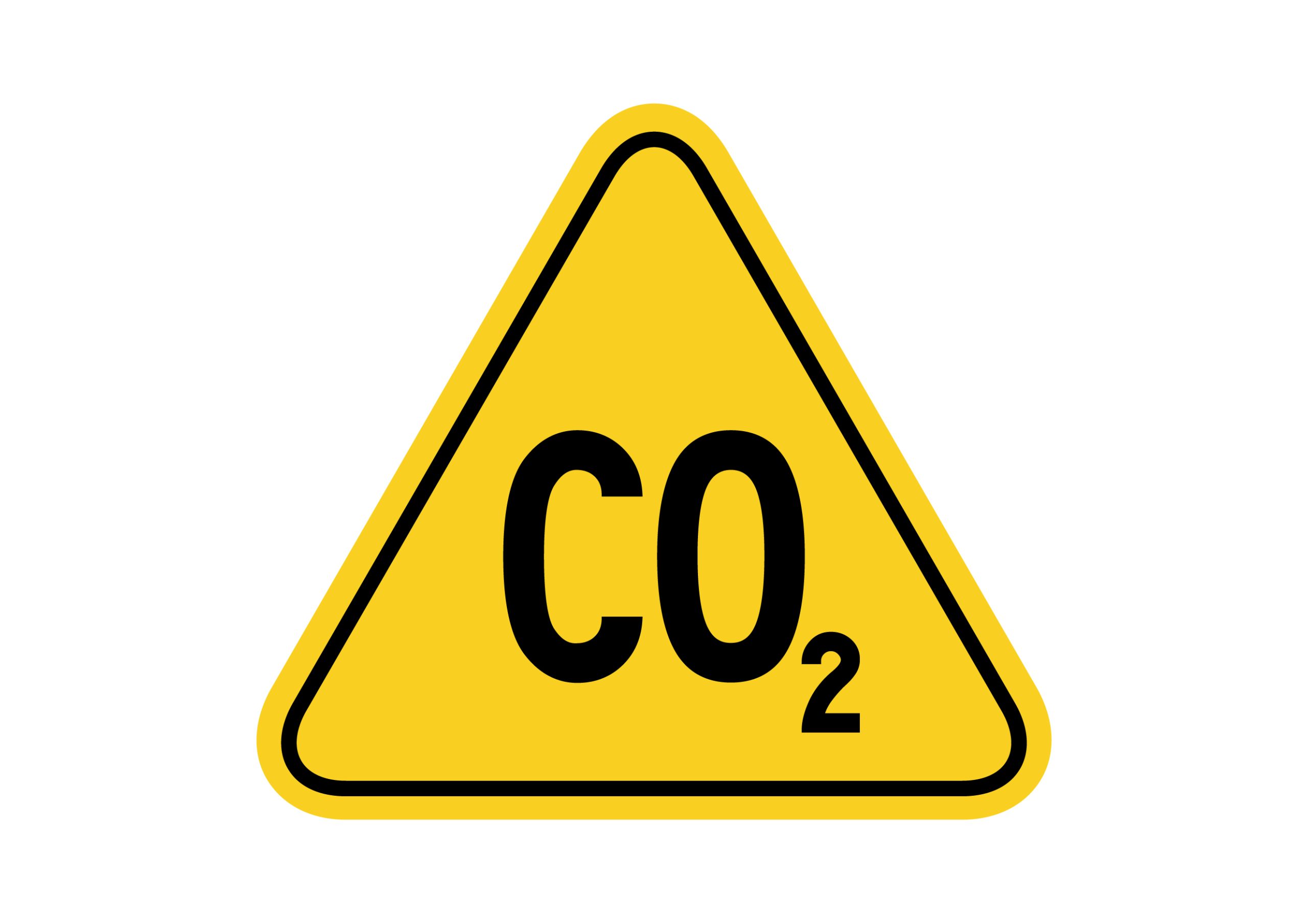
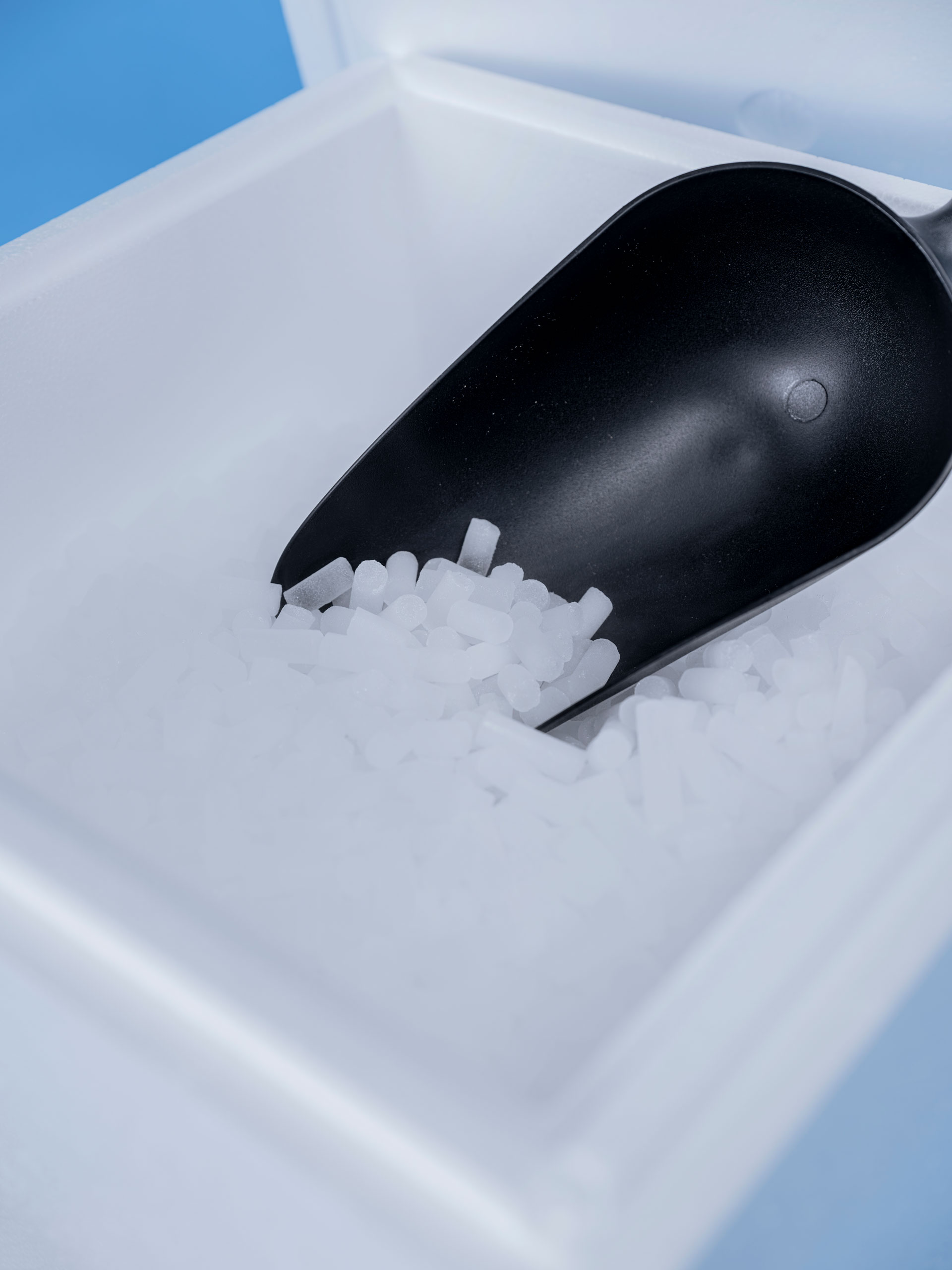
If you regularly need large quantities of dry ice, we recommend our WL Antarctica S.

You are currently viewing a placeholder content from YouTube. To access the actual content, click the button below. Please note that doing so will share data with third-party providers.
More InformationYou need to load content from reCAPTCHA to submit the form. Please note that doing so will share data with third-party providers.
More Information